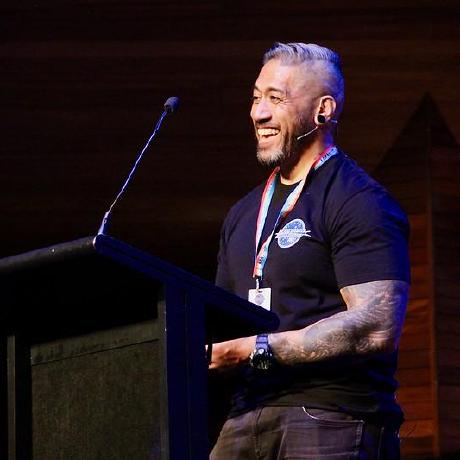Adapt.
I spoke with an old high school friend, who has traveled and lived teaching at high schools around the world.
He asked me what I thought of ChatGPT and told me how it has been helping him create lesson plans, write reports and everything in between.
I told him I'd been using it as a "study buddy" and coding machine to quickly fabricate pieces of code I needed for various projects I had been working on. And right there, are two different industries where AI is having an immediate effect on productivity without a great deal of fuss i.e. instructions, or courses to go through to eventually apply to what I do in order to reap the benefits we were after in the first place.
Inevitably the thought comes up, what is this going to do with the roles and industries it will inevitably eliminate?
This isn't a new cross-road for technology (any technology really, think of horses before cars came along). When a new technology and "era" is emerging, naturally it starts out with a lot of FUD, first questioning the validity, then the morality and uncertainty of said new technology.
And we are right to question, to discuss and debate what the pro's and con's are of anything that has the potential to create significant impact on society. Change is inevitable. That much we know. I'm not smart enough to know to what degree those changes will impact which parts of society, just that it will. And the mainly hopeful outlook I have on that, is just from the experience of watching an industry adapt to new tech roles coming in with the advent of the DevOps philosophy. It was out with the old (or rebrand, depending on how sh!t your company was), and in with the new. And I think on balance, it was a good thing. We obsoleted things that needed to deprecate, and ushered in an era that helped things move forward in how we did tech.
Nothing lasts forever. Change is inevitable.
Adapt.
